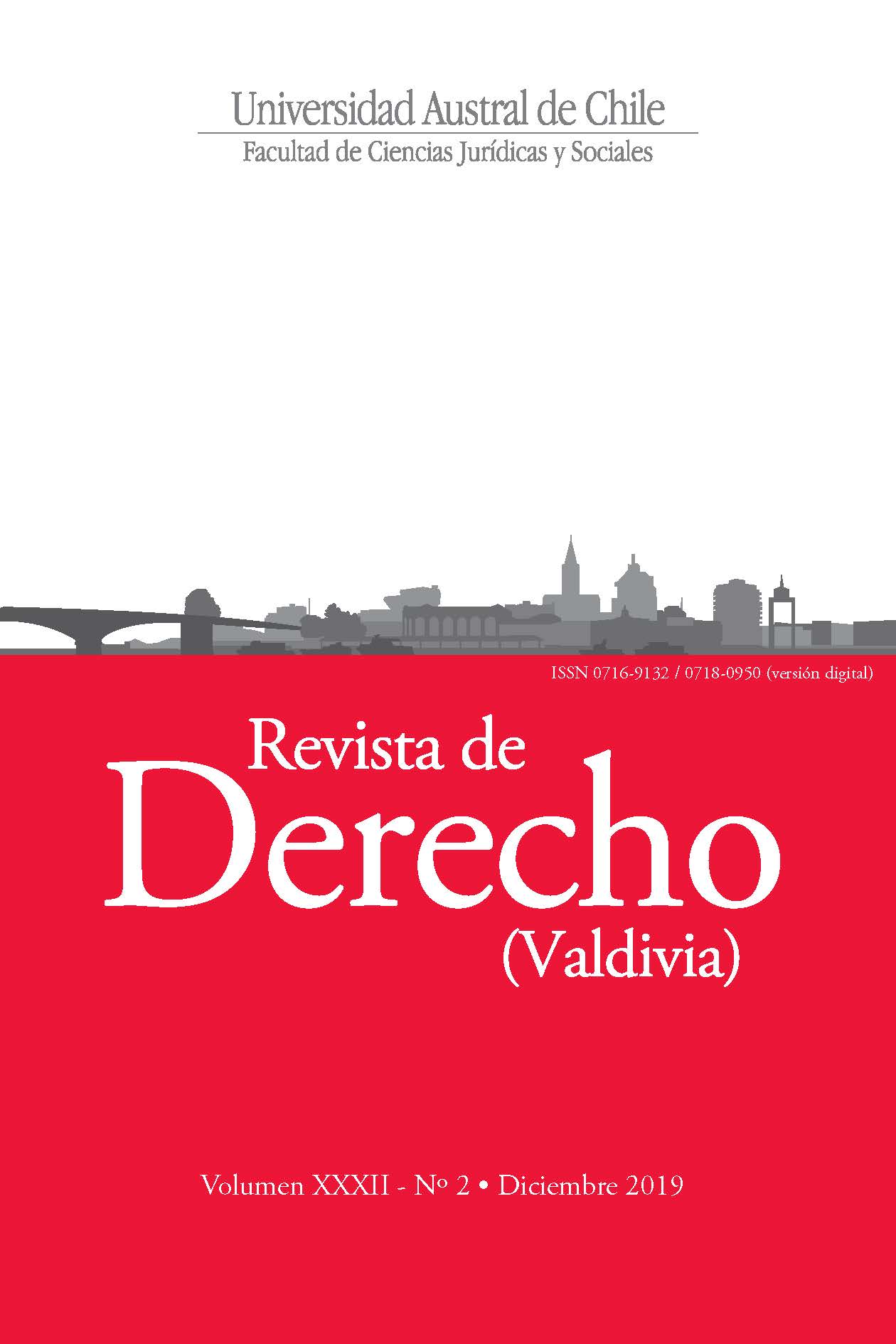Sufficiency principle and minimum Social Security benefits: an analysis from the perspective of the German right to a minimum of subsistence
Main Article Content
Abstract
The German Federal Constitutional Court recognized in 2010 a subjective, claimable right to a Social Security benefit guaranteeing the subsistence minimum, based on the right to dignity of art. 1 of the Basic Law and the social state clause. Determining the concrete level of the benefit remains within the margin of appreciation of the legislator, provided that the method of determination reflects the real needs of the beneficiary and the benefit is not manifestly insufficient. Although the Chilean Constitution does not contain an explicit social state clause, the evolution of the jurisprudence of the Constitutional Court and the Supreme Court on social rights allows the development of a similar perspective for the analysis of Social Security benefits, giving thus a more elaborate legal definition of the principle of sufficiency as part of the essential content of the constitutional right to Social Security. From that perspective, both the level of the minimum benefits assessed in this article (Basic Solidary Pension and Benefit from the Solidary Unemployment Fund) as their method of determination are not in line with the principle of sufficiency.

